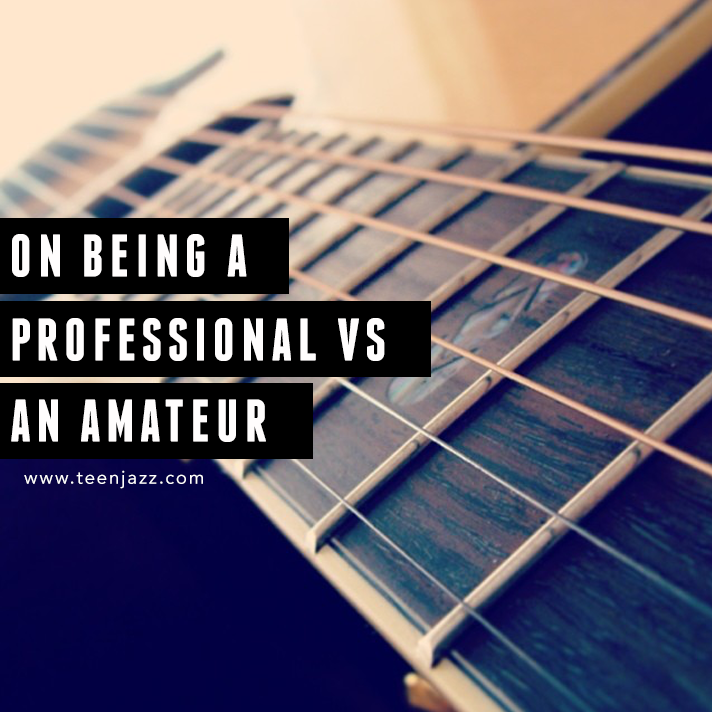I recently read an incredibly interesting article by James Clear on the difference between being a professional as opposed to being an amateur.
While the article is geared towards writers, the article can be applied to anyone who has a career as a creator (consultants, musicians, artists, etc.).
There are a lot of ways to define the difference between someone who is an amateur and someone who is a professional – whether or not they’re doing it full time, for one – but I think the way that James Clear breaks it down is really interesting.
A professional is someone who sits down and creates or works, whatever you want to call it, every single day even when no one expects it of them. It isn’t about whether or not you’re motivated or inspired to do the work, it’s about sitting down and doing it anyway.
In the writing industry, I’ve often heard it said that inspiration comes out of sitting down and putting in the time. It comes from sitting down and spending hours in front of the keyboard even when it’s the last thing we want to do. You cannot expect to find inspiration if you’re not already in front of the keyboard trying to turn over the stones under which it’s hiding.
And I agree.
It’s in my daily practice that I am inspired to write new songs, to push my playing further, and to improve the work that I do as a musician. It may be harder some days than others to get my sax out of the case to get to work, but it’s really only getting started that’s difficult.
If I wait for the motivation to play or the inspiration to write to come and find me, I might wait a long time. And that’s a lot of potential practice or writing hours that I’m missing out on. It’s a lot of skill at my craft that I won’t develop which prevents me from having those inspiring breakthroughs.
Like James Clear says, it isn’t easy to sit down and work or practice when you don’t feel like it but you’ll never regret the time you spend working on important things for your career.
To sum up his article, he presents three tips to becoming a pro. In essence, they are to decide what you’re good at and what you want to pursue, to setup a schedule to work at them, and to stick to that schedule for an entire week.
Why one week? Because at the end of the week you get to take what you learned and what you worked on and modify your work goals for the next week. It’s like a reset button that you hit so that your work schedule aligns with your goals as they evolve with your ability and place in the music world.
You can read the original article by James Clear here.
What are your thoughts about what it takes to be a professional? I’d love to hear them in the comments below.
[template id=”182″]
